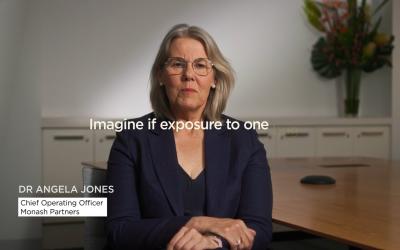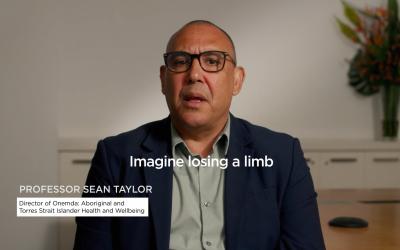Keep up with the latest news and stories from NHMRC. Use the search function to browse our articles and latest news.
InFocus articles
Our InFocus articles spotlight projects dedicated to advancing human health. Explore these curated stories from the search below.
Speaking of Science webinars
Tune in to our Speaking of Science webinars to hear from top researchers and experts in health and medical research. You can register and join our monthly webinars live or view them later, as they are recorded. Subscribe for notifications about upcoming webinars, so you don’t miss out!
Tracker newsletter and RAO alerts
Our Tracker newsletter is produced fortnightly and offers updates on the lasted grant opportunities, guidelines and news for the health and medical research community. Subscribe to receive the newsletter by email or see previous editions in the search field below.
RAO Alerts are emailed directly to Research Administration Officers (RAO) with important updates and timings on our grant opportunities. You can read past editions on the RAO alerts page.
Media contact
For media enquiries, reach out to us at: media@nhmrc.gov.au or call 0422 008 512.
For more, follow us on social media at: Facebook, X (previously Twitter), Instagram, LinkedIn or YouTube.
Please visit the National Library's Australian Government Web Archive (Trove) for archived articles including Tracker, media releases and RAO alerts.
































